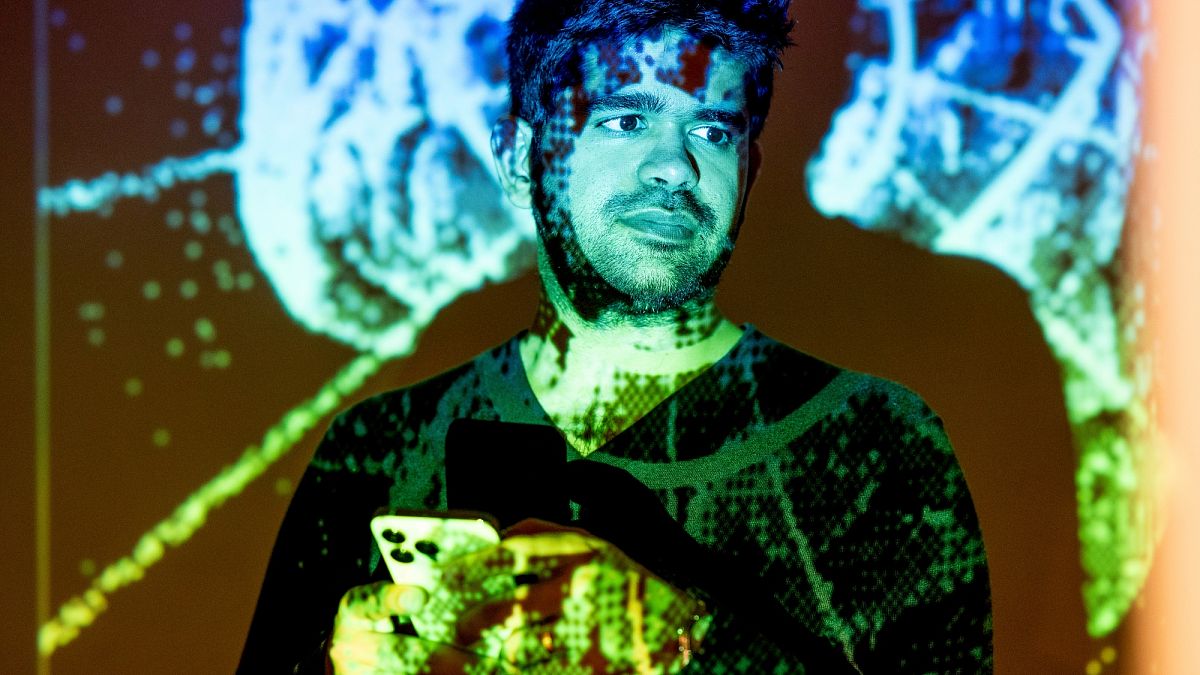Published on
Perplexity AI, one of the leading AI platforms along with ChatGPT, Claude and Google Gemini, made an unsolicited bid to purchase the Chrome browser as Google faces charges in US courts of having a monopoly on online searches.
In a letter to Sundar Pichai, CEO of Alphabet, Google’s parent company, Perplexity offered $34.5 billion (€29bn) in cash for Chrome, according to a term sheet seen by Reuters. The offer is particularly shocking because Perplexity is “only” worth $18 billion (€15.35bn).
Perplexity’s spokesperson confirmed the all-cash offer reported by the Wall Street Journal.
Who are Perplexity AI?
The AI platform delivers responses in conversational language it says is easy for the public to understand, setting itself apart from Google and Bing by skipping SEO-driven ranked link lists, and from ChatGPT or Gemini by using live searches instead of static snapshots of the internet.
Earlier in August, Truth Social—the social media platform owned by US President Donald Trump—announced it was beta-testing integrating Perplexity AI into its search engine as Truth Search AI.
While Perplexity maintains that it only provides the underlying technology for Truth Search AI and does not control “editorial” decisions, Truth Search has so far favoured conservative sources such as Fox News, The Epoch Times and The Federalist.
While often framed as politically neutral, phrases like “democratising knowledge”—which Perplexity have said they plan to do—have also been co-opted in some right-wing tech and media circles to suggest breaking perceived gatekeeper control and giving “the people” unfettered access to information outside of mainstream institutions.
Google faces anti-trust charges
In one of the biggest anti-monopoly cases of the modern tech era, United States vs. Google LLC, a US district judge ruled in August 2024 that Google had illegally maintained a monopoly on search engines in violation with the Sherman Act.
Namely, Google had used illegal means or those in opposition to open, free market practices to maintain dominance by spending billions of dollars per year to make itself the default search engine on Apple’s Safari browsers and Android devices, making it impossible for competitors such as Bing or DuckDuckGo to reach users at any significant scale.
This locked Google into a dominance loop that others were unable to break into. Being the default browser brought Google more users, which gave it more data to make its search and ads better, which would then encourage people to keep using Google—making it even harder for anyone else to catch up.
After the August 2024 ruling, the case moved into a remedies phase where the US Justice Department proposed structural fixes—including forcing Google to sell its Chrome browser, end default search deals and share search data with rivals.
In November of last year, Judge Amit Mehta rejected Google’s attempt to dismiss some of the some of those proposals, which kept a potential Chrome divestiture on the table and set the stage for final remedy hearings in 2025—which is where the Perplexity offer came in.
Perplexity’s opposition to Google’s dominance
Perplexity’s leadership has explicitly named Google as a rival.
In an interview for TIME magazine in April of last year, CEO Aravind Srinivas said that Google was its “main competitor” and that Google’s ad-based profit model prevents the integration of AI responses into search.
Because Google’s search business depends on showing ads alongside search results or links, replacing those results with quick, AI-generated answers—which is what Perplexity does—could undercut Google’s revenue.
Jeff Bezos, the founder of Amazon, is an investor in Perplexity, and the company relies on Microsoft’s Azure AI platform for its infrastructure.
While Perplexity claims to have secured “multiple unnamed funds” to support its all-cash bid for Chrome, there’s so far no indication that either Bezos or Microsoft is directly financing the bid.

